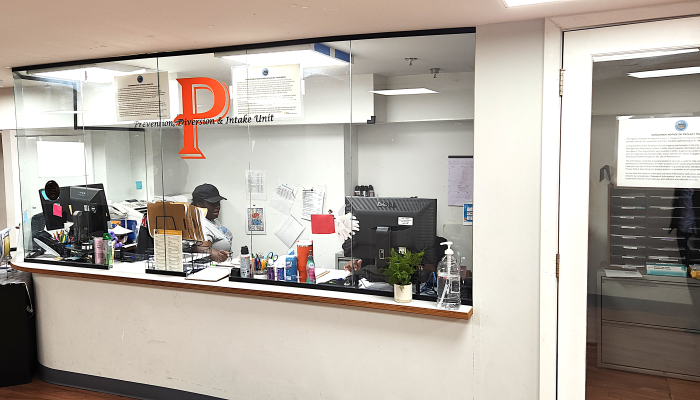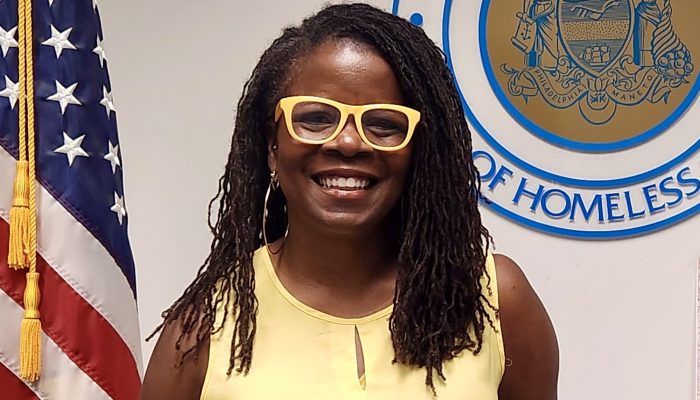Recently, the Pennsylvania legislature recently ended the state’s General Assistance (GA) cash benefit amid controversy that generated national attention.
Here is everything you need to know about the program, who is affected, and where to find more information and resources.
What is PA General Assistance?
General Assistance (GA) was an about $200 a month cash benefit Pennsylvania paid. Many people receiving GA were the state’s most vulnerable, including many who were waiting on Social Security Disability Insurance decisions or those in early substance use disorder recovery.
When does it end?
The program no longer exists after July 31, 2019. This means July is the last month for which the state will distribute General Assistance cash benefits.
Who is affected?
This change affects about 6,000 Philadelphians. The state sent letters out to everyone affected by the change.
It’s important to note that people on GA usually did not qualify for Temporary Assistance for Needy Families (TANF), so this change does not affect those on TANF.
This change does not affect healthcare benefits or SNAP also known as food stamps, either.
It only affects those receiving the state’s General Assistance cash benefit.
What if I’m affected? What should I do?
If you are on GA and receive housing through the Philadelphia Housing Authority, you can and should apply for a hardship waiver.
If you are on GA and receive rental subsidies through the Office of Homeless Services, you should talk to your case worker, because your subsidies should be recalculated.
Governor Wolf’s Department of Human Services (DHS) in Harrisburg has also put together some resources to help.
You can also dial 2-1-1 anywhere in Pennsylvania to get connected to information and resources about General Assistance or call the state’s DHS helpline at 1-800-692-7462.
What happens next?
To be clear, there is no replacement for this vital benefit, but existing programs and organizations may be able to help meet some gaps.
That’s why it’s important for people who are affected by the change to talk to their caseworkers if they receive supportive services or to call 2-1-1 or the state’s DHS helpline at 1-800-692-7462 for more information.




